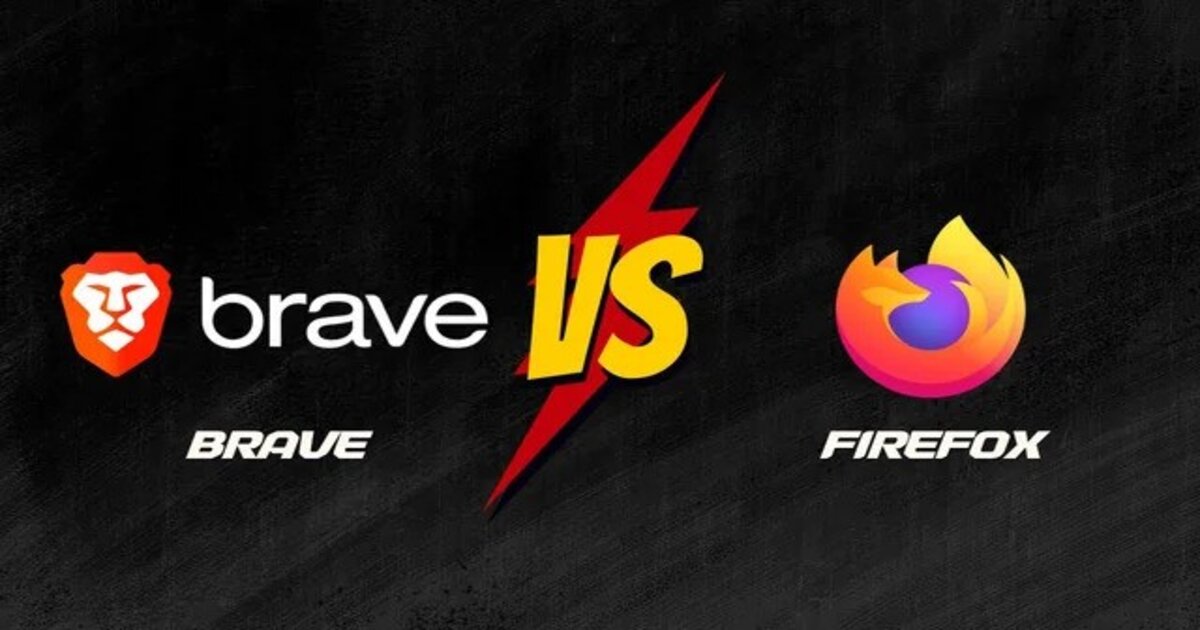In the ever-evolving landscape of the internet, user privacy and security have become paramount concerns. Two browsers, Brave and Mozilla Firefox, have risen to the occasion, emphasizing robust features designed to protect users from the pitfalls of online tracking and potential security threats. In this article, we delve into the intricate details of each browser to explore whether Brave is truly safer than Mozilla Firefox.
Privacy Features of Brave
Built-in Ad Blocker
Brave takes a bold stance on privacy with its built-in ad blocker. By default, it blocks ads and trackers, providing users with a seamless, ad-free browsing experience. This not only enhances user privacy but also significantly speeds up page loading times. The intuitive nature of Brave’s ad-blocking feature aligns with its commitment to putting the user in control of their online experience.
Brave Shields
Brave Shields serves as the frontline defense against third-party invasions. This feature blocks not only ads but also third-party cookies and scripts, mitigating the risks associated with cross-site tracking. By doing so, Brave Shields not only enhances user privacy but also contributes to a more secure online environment.
Brave Rewards
One distinctive aspect of Brave is its Rewards system. Users can earn Basic Attention Tokens (BAT) by opting into privacy-respecting ads. This innovative approach not only allows users to browse without intrusive ads but also empowers them to contribute to their favorite websites using earned BAT. Brave Rewards creates a symbiotic relationship between users and content creators, emphasizing a new paradigm of user engagement.
Security Features of Mozilla Firefox
Enhanced Tracking Protection
Mozilla Firefox adopts a different strategy with its Enhanced Tracking Protection, focusing on disrupting the tracker ecosystem. By default, Firefox blocks known trackers, reducing advertisers’ ability to follow users across different websites. This approach significantly enhances user privacy by limiting the data available for tracking and profiling.
Containers
Firefox introduces a powerful feature known as Containers, allowing users to isolate browsing sessions. This means users can compartmentalize their online activities, preventing websites from tracking them across different contexts. Containers not only enhance privacy but also offer users more control over their online identities.
Open Source
One notable strength of Mozilla Firefox lies in its open-source nature. The browser’s source code is publicly available, inviting scrutiny from the community. This transparency fosters trust, as users can verify the security measures in place and be confident in the browser’s commitment to privacy.
Points of Comparison
Ad-Blocking Approaches: Brave vs. Firefox
When comparing ad-blocking approaches, Brave’s built-in ad blocker takes a more aggressive stance, eliminating ads and trackers by default. Firefox, on the other hand, focuses on blocking known trackers through Enhanced Tracking Protection. The choice between the two depends on user preferences, with Brave offering a more streamlined, ad-free experience and Firefox providing a balance between privacy and an acceptable level of ads.
User Rewards vs. Enhanced Tracking Protection
Brave Rewards introduces a unique incentive for users to engage with ads while earning BAT. This system aligns with Brave’s commitment to user empowerment. In contrast, Firefox emphasizes Enhanced Tracking Protection without a reward system. The decision between the two depends on whether users prefer to actively contribute to content creators or prioritize a stricter focus on preventing online tracking.
Considerations for Users
Choosing between Brave and Mozilla Firefox ultimately boils down to individual preferences and priorities. Users seeking a browser with a built-in ad blocker, robust privacy features, and a rewards system might find Brave to be an enticing option. On the other hand, those who prioritize a balance between privacy and acceptable ads, along with the benefits of open source, may gravitate towards Mozilla Firefox.
Conclusion
No doubt, both are in the market to make money. You can read more here. Both Brave and Mozilla Firefox stand out for their commitment to user privacy and security. Brave’s aggressive ad-blocking and innovative rewards system offer a unique user experience, while Firefox’s Enhanced Tracking Protection and Containers provide a solid foundation for privacy-conscious browsing. The choice between the two ultimately rests on individual priorities, as users navigate the vast online landscape, seeking the perfect balance between security, privacy, and a seamless browsing experience.
